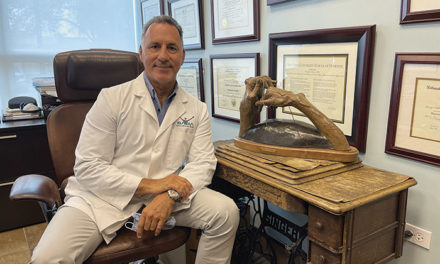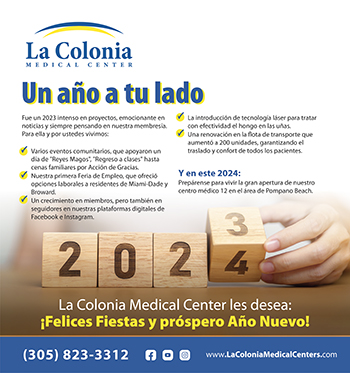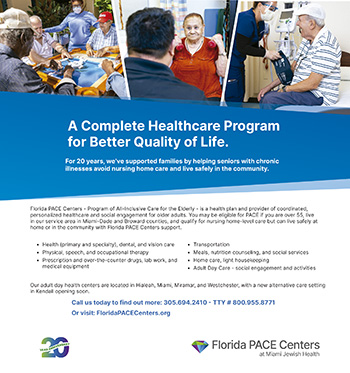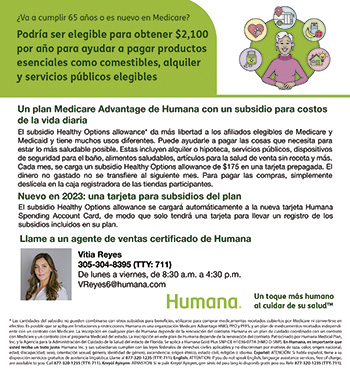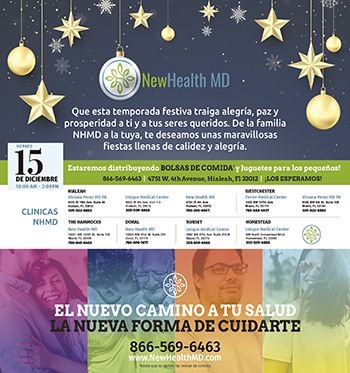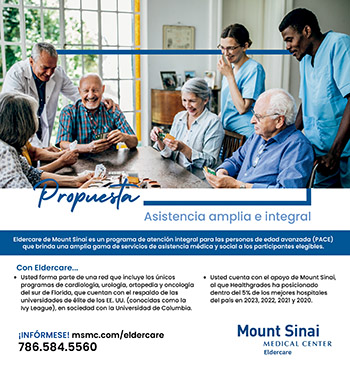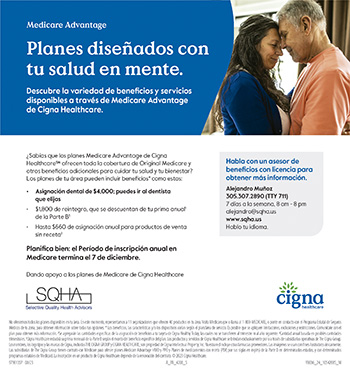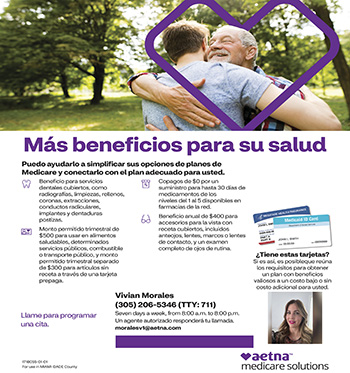It takes resilience, courage, and strength to break the habit that leads to addiction. Many use substances to cope with emotional pain, which is where addiction comes in. Substance promises an easy escape because emotions are too painful or difficult to handle. Negative feelings and thoughts affect the choices someone makes, and the behavior someone engages in. People suffering from addiction are most likely struggling with managing emotions and thoughts. Poor mental health and addiction are mutually reinforcing. When you feel bad, you may feel more inclined to abuse substances.
 Addiction is a loss of control over one’s behavior; it is a short-lived, temporary cure for the pain, but it’s not a long-term solution. The addiction may seem, on the surface, like the problem, but it is not. The addiction is, in reality, a helpful pointer that there’s some internal healing we need to do. When faced with negative emotions, it can feel scary and overwhelming and do not feel safe, and the addictive behavior is a misguided attempt to self-soothe.
Addiction is a loss of control over one’s behavior; it is a short-lived, temporary cure for the pain, but it’s not a long-term solution. The addiction may seem, on the surface, like the problem, but it is not. The addiction is, in reality, a helpful pointer that there’s some internal healing we need to do. When faced with negative emotions, it can feel scary and overwhelming and do not feel safe, and the addictive behavior is a misguided attempt to self-soothe.
By learning to acknowledge and admit the negative emotions, one can look deeper into why and be more aware of addictive patterns. Negative thoughts also can lead to addictive behaviors. It is essential to recognize irrational thoughts and learn to focus purposefully on more empowering beliefs. The goal is not to eliminate all our negative thoughts and feelings—the plan is to change your response to them.
Treatment such as Cognitive Behavioral Therapy and learning emotional regulation teach how to process thoughts and feelings to take control in place of addiction. During therapy, individuals learn to practice skills such as applying distraction techniques and changing cognitive distortions to develop positive processing and healthy coping methods.
Distracting techniques are a way to pause between the potential triggering thoughts or situations. This process is not avoiding but delaying emotions to help prevent impulsive reactions such as reaching for a substance. Distractions are an effective way to manage emotions, make them less powerful, and maintain sobriety. Examples of healthy distractions are physical activity, listening to music, or calling a friend, therapist, or sponsor to talk about your feelings.
Cognitive Behavioral Therapy (CBT) teaches those recovering from addiction and mental illness to find a connection between their thoughts, feeling, and actions and increase awareness of how these things impact recovery. In recovery, it is essential to learn triggers associated with substance use and how these triggers can stimulate thoughts of substance use and craving substances. Nothing is more motivating than being well prepared to manage internal triggers such as thoughts and emotions.
Running to addiction is like putting a band-aid on a wound. Over time the wound gets infected and worsens rather than heals. Addiction is a powerful point of change and a journey of becoming aware and conscious. Change is not painful; only resistance to change is painful. Recovery is never out of reach, no matter how hopeless your situation seems or how many times you’ve tried and failed. With the right treatment and support, change is always possible.


